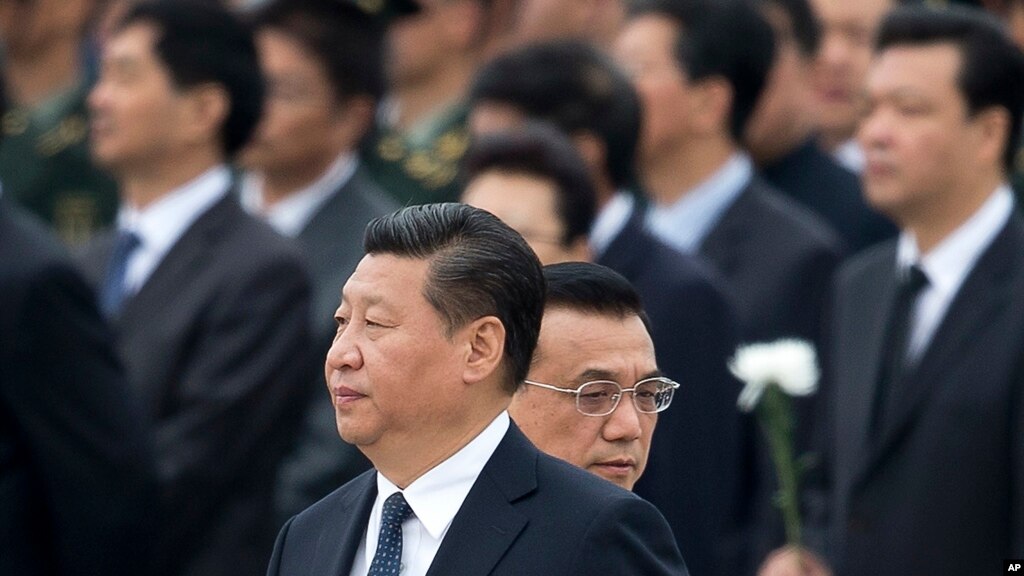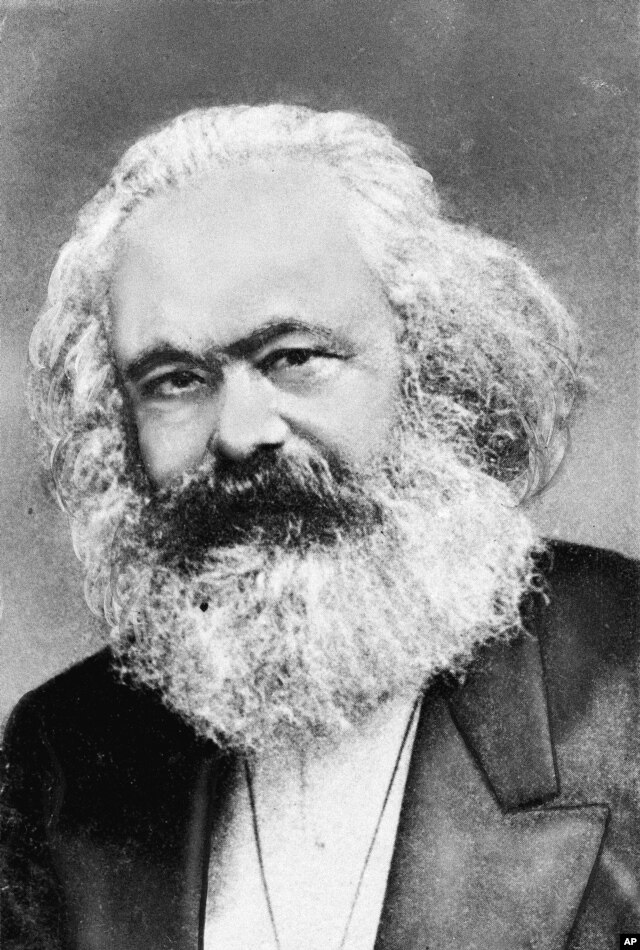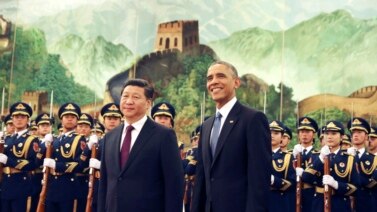
Chinese President Xi Jinping is calling for greater “ideological guidance” in China's universities. And he has expressed support for the study of Marxism – the ideas of the 19th century German philosopher Karl Marx.
Chinese state media reported the president’s comments. They show his interest in defending traditional Communist Party values. At the same time, the Chinese government is putting stronger controls on dissidents, the media and the Internet.

The Communist Party has said that it will not make any changes to China’s political system. Some thought that President Xi might want reforms. His father, Xi Zhongxun, was responsible for more liberal economic policies of the 1980s.
The Xinhua news agency reported that President Xi said Chinese universities had to accept the job of teaching and researching Marxism. He also wants them to spread the ideas of Marxism through their work.

The president called on government officials to increase the Communist Party’s influence in universities. He also wants officials to present their political ideas more forcefully and directly.
Universities should “cultivate and practice the core values of socialism in their teaching,” he said.
As it is, the Chinese government tightly controls what university students can study and say. However, there are times when students objected to this control. One of those times was during the Tiananmen Square pro-democracy protests in 1989. The army violently stopped those protests.
In September, a Communist Party publication said that Peking University had urged students and teachers to “fight” criticism of the party.
In 2013, the university dismissed a liberal Chinese economist. He had openly criticized the party and called for democratic reforms.
To keep conservative members of the party happy, President Xi supports the teachings of former Chinese leader Mao Zedong. Mr. Xi is acting much like many earlier Chinese officials. They did not want to give up control quickly. They thought this might cause disorder or break up the country.
Activists say President Xi's government has attacked dissidents more strongly than other governments had in recent years. They also think he has limited free speech for a longer time than previous leaders.
Chinese media reported last week that a university in northwestern China had banned Christmas observances. The university described Christmas as a tacky foreign celebration, so it does not fit with Chinese traditions. The university made students watch propaganda films instead of celebrating the religious holiday.
I’m Anne Ball.
This report came from the Reuters news service. Jill Robbins wrote this story for VOA learning English. The editor was George Grow.
Words in This Story
ideological - n. the set of ideas and beliefs of a group or political party
Marxism - n. the political, economic, and social theories of Karl Marx (those theories include the belief that the struggle between social classes is a major force in history)
conservative - adj. believing in tradition and opposing great change
dissident - n. a person who strongly disagrees with his or her government
Now it’s your turn to use these Words in this Story. In the comments section, write a sentence using one of these words and we will provide feedback on your use of vocabulary and grammar.
